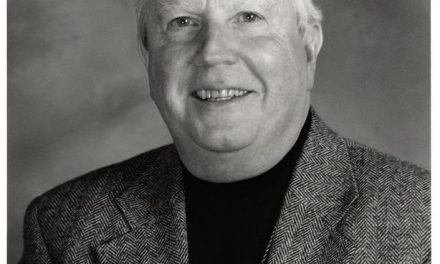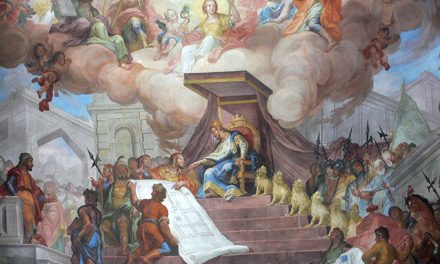Today is a holiday in Boston as the whole city gathers together to support thousands of runners in the world’s oldest annual marathon. Today’s Boston Marathon, the city’s 115th, is particularly special because its winner, Geoffrey Mutai of Kenya, set a world record in his first official marathon ever (although, due to the strong tail winds, Mutai’s record won’t be recognized as such). In his post-marathon interview, Mutai challenged the idea that running is an individual sport:
When Mutai was asked how much lower marathon times can go, he said 2:01 might be achievable, but emphasized that fast times are a product of teamwork rather than individual glory.
“[If you run in a pack] of three or four people who help each other, that makes it faster,” said Mutai, whose previous personal best was a 2:04:55 runner-up finish last year in Rotterdam. “If you are strong in a group, you can push it.”
The Boston Marathon is a “team sport” in another way: practically the whole city (it seems) gathers along the route to provide loud cheers of support along with free water, sports drinks, and snacks to any of the runners. With a crowd of 500,000 spectators on average, the Boston Marathon is the city’s most widely viewed sporting event, but its not just the record breakers that get the love. The loudest cheers can actually be heard at the tail end of the race for the amateurs and slower runners who struggle to finish. Many of the runners pulling up the rear are actually running for charity, qualifying for the marathon by raising thousands of dollars for their favorite cause. It’s a beautiful sight.
Watching the marathon today, I couldn’t help but think of what a marvelous analogy this was for the moral life. For Catholic moral theology, especially in the Thomistic tradition, the moral life is an ongoing training in happiness, but this training is absolutely dependent on friends and communities who support one another. The moral life demands that we persevere in the face of grave difficulty, difficulties like temptation, suffering, despair, and death. Perseverance, like running a marathon, is hard work, and it is really only possible with friends and community around us to cheer us on, set the pace, and provide the material and spiritual support we need to succeed. Friendship and community are accordingly at the center of the moral life. Paul Wadell, in his introduction to moral theology entitled Happiness and the Christian Moral Life, begins with a discussion of friendship in his chapter “Not Going It Alone”:
[The] point is that ‘good people help keep each other good.’ And they do this by reminding each other of the value of the quest. The value of anything is both sustained and enhanced when others share in it with us. this is why the Christina life of discipleship requires good friendships and good communities–why, in fact, it requires a certain kind of church. . . Churches ought to be communities in which the ‘friends of God’ steady one another when any are tempted to give up. They ought to be communities where on person is able to supply the energy, zeal, and commitment another might occasionally lack. Whether through humor, counsel, encouragement, or simply their presence, Christians should do for one another what good friends always do: They should help one another remain resolute in the pursuit of the most promising good for our lives (34).
Congratulations to all the Boston Marathon runners today, of all speeds, shapes, and sizes. And kudos to Boston for being a city of such remarkable friendship.




